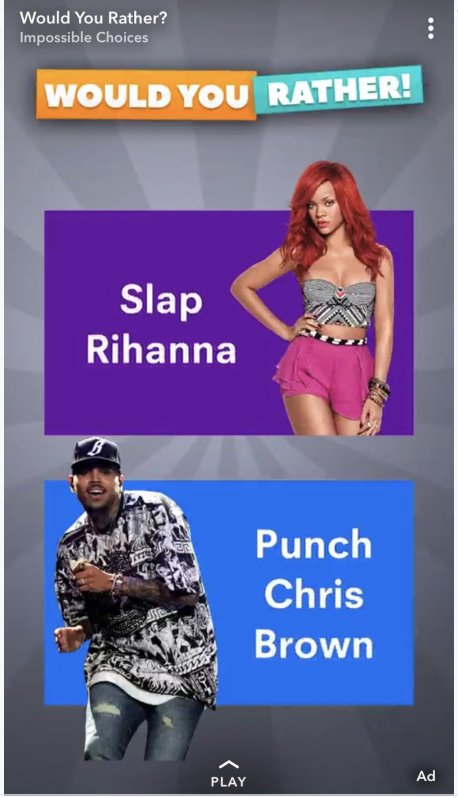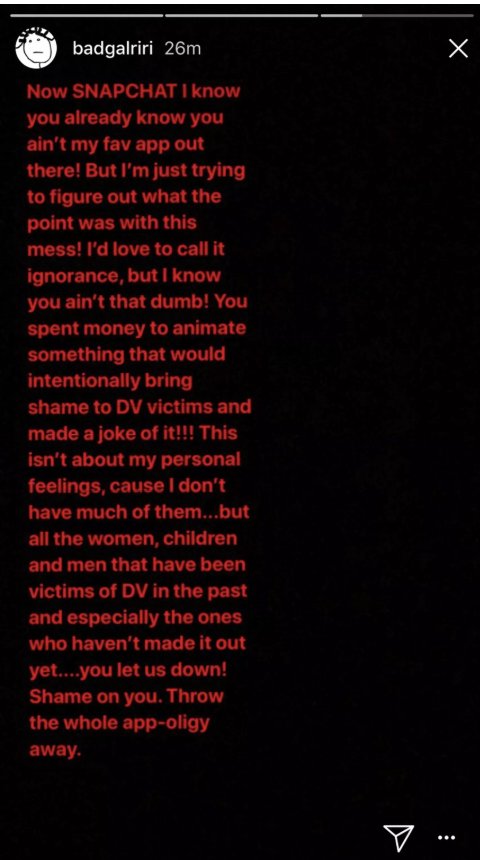Recent changes in marketing have made it more difficult to build effective campaigns. The variety of options from traditional to digital can be overwhelming for large companies and small businesses.
Paid digital advertising tactics that can help your business grow
Get it wrong and you can lose your entire marketing budget. We love advertising on Google but without a practical strategy it can become a money pit with advertisements that don’t convert.
Facebook has nearly 2-billion members but how many of them match your ideal customer profile? And YouTube commercials are the hot ticket but do you know how to get your spot in front of your local market?
Social media is filled with advertising fails. Remember when Pepsi wanted to be perceived as a great force for bringing people together? Kendall Jenner does. She was featured in the spot which highlighted Black Lives Matter. How do you settle a standoff with police? Why offer them a can of Pepsi?
The advert was an instant meme on social media and even Saturday Night Live clowned the commercial. The disaster led to Brad Jakeman, the PepsiCo global beverage group president, stepping down six months later.
https://giphy.com/gifs/how-united-incident-nrQ14i7MyGPYs
Now if a major brand like PepsiCo can get it totally wrong — how can your startup avoid making mistakes? I find many companies trying to market without dedicated staff, quality consultants and a digital marketing plan. No surprise with the results.
When Snap Inc. (formerly Snapchat) updated their app they started showing hella more advertisements. Most users would expect these ads to be relevant ads. And they certainly would not expect an advert that would offend a major pop star and social media influencer like Rihanna. But Snap did just this with an ad for a game called “Would You Rather?”:

The backlash was fierce and fast. Snap later pulled the ad and issued an apology. But Rihanna was having none of it. In true social media style she shared her message via Instagram to her 65.6 million followers. It went like this: 
Getting it right
You want to know the best digital marketing tactics? Building organic reach has become increasingly difficult on social because the platforms are publicly traded and profit driven. And it is working great — for them. Which leads us to paid traffic techniques.
We may be two years down the road before the so-called gurus admit what is really working for marketing their business. By that time many entrepreneurs will have lost millions of dollars and their audience will have moved on to the next thing. As business owners we need to engage our audience and acquire new customers now.
Paid advertising campaigns are being used by every major marketer. This means PPC Marketing, Facebook Marketing, Video Marketing and Google Ads. By focusing on these platforms you can reach your audience at key points on their customer journey and move them to the next phase.
There is a qualifier for certain product categories. For example, if you’re promoting cryptocurrency or cannabis-related projects, it is difficult to participate in PPC advertising on the popular social platforms.
Do it right and you can bring leads from search and social platforms onto your own mailing list. Then you can then reach them directly as often as you want for free. It gets back to the saying “the money is in the list”. This is how you can maximize the return on investment for your advertising.
PPC (Pay Per Click) Marketing
If you know the costs and profits margins for your products, PPC is a great advertising model. This is primarily because you only pay for results — no clicks, no pay.
Obviously you will need to have a budget for PPC and people who are searching for your product or service online. If this does not apply, then you need to build organic reach, demand and evolve to PPC.
In terms of establishing a campaign budget, you need to consider your audience, competition, the types of products/services you offer and what is the lifetime value of a customer.
Despite the advantages of PPC marketing, there are possible negatives that can cancel out its benefits.
One of the most common problems I find with PPC marketing is the inexperience of many people attempting to apply this profitable advertisement method. The other problem is not allowing enough time for the results to take hold. Simply submitting PPC marketing adverts to a search engine such as Google should not make up your entire campaign.
At the heart of PPC is research to find the best long-tail keywords. When I say best I mean the ones making money because of search intent. You will need to continuously test, measure the results and make adjustments.
Remember the prosperity of a PPC campaign summarizes to just two things:
- Increasing its click-through rate (CTR)
- Lowering its cost-per-click (CPC)
Every bit of energy that you put into your PPC campaigns and creating adverts should be steered towards achieving these two goals.
Facebook marketing
We’ve all heard it, “Facebook advertising doesn’t work”. The only problem with this is that it is wrong.
Sure there are a lot of people who will take your money but have no idea how to run effective adverts on Facebook. But the platform works for practically every industry.
Smart business owners are getting leads, new customers and building relationships using paid Facebook advertising.
Your goal with Facebook is to reach people who have a relationship with your business, whether they are existing customers or people who have interacted with your business on Facebook or other platforms.
This is where the Facebook Pixel is a powerful tool. The Pixel allows you to measure Facebook ad results, track conversion and re-market your website visitors. If you want more “Website Traffic”, then make sure the Pixel is on your website. Then in your Facebook Ads manager choose “All website visitors” in the past “30” days.
If you want to drive traffic to an opt-in page, then you also want to make sure the pixel is on the opt-in page. Now choose “People who visited specific web pages”. You create your Pixel free in your campaigns center. Go to the Pixels tab in the Facebook Events Manager.
Don’t start from scratch, look for a model to emulate.
For example, if you have a yoga studio, then look for other yoga studios and see what they’re doing on Facebook that works. When it comes to audience engagement and conversion, videos are the most effective type of creative you can run.
Video marketing
Video ads can be inserted in YouTube, Vimeo and websites. Videos are the best tool to capture the attention of visitors. The key with your adverts is to keep them short and impactful. In as little as :06 – :30 seconds, you can tell a story that compels the visitor with a CTA.
YouTube is the world’s leading video platform with nearly 5 billion videos watched every day. And the user base is reported at 1.3 billion and growing.
For business owners the platform is excellent because your ads are targeted and have better reporting and tracking than television spots. And they’re much less expensive.
Consider this. Even if you decide to shell out $5 million for a :30 on the Super Bowl, you don’t know if viewers are watching your ad, going to the bathroom or stepping out to grab a cold beer. YouTube is data-driven and gives your richer audience insight.
For business owners, the ads are run through Google Adwords and come in three formats:
* TrueView In-Stream Ads – play at start of each video with a skip ad button
* TrueView Discovery Ads – YouTube will match your target audience
* Bumper Ads – You can’t skip these
The upside of the TrueView format is that “you’ll only pay when someone chooses to watch your video ad” says Google. Now try that with your television ad budget. For local businesses the traffic and clickthroughs can be phenomenal.
The magic is creating a working strategy to get your commercials running on YouTube.
Google Ads
Google Ads (formerly Google AdWords) is the advertising network that allows businesses to bid for keywords to show up in search results.
The keywords are the phrases or words the users type in Google and then sees your ad. Over 1 million businesses use it and 95% of Google’s annual revenue comes from Ads.
With Google Ads the small businesses can compete with the industry giants. This is because it is a marketplace where the highest bidder with the best creative wins. If your maximum bid is $1 then Google will only show your ad if that turns out to be the highest amount. There are some additional factors including quality of the ad, user experience and engagement but bid effectively.
The magic happens when your convert enough visitors to pay for the advertising. Companies pay Google based on clicks to show up in the search results with aspirations of capturing those interested buyers and making fast sales. This only makes sense if you are selling something that matches the intent of the searchers.
Find out what the average conversion rate is for your industry and your cost per click. From here determine how many clicks you need to drive a conversion. For example, if your industry is consumer services, your average CPC is $6.40, and your average conversion rate is 6.64%. That means to get a single conversion, you need about 16 visits, and you’ll pay around $102.40 for a conversion.
If the costs are greater than your profits than selling that service or product with Google Ads may not be a good choice.
Summary
So paid advertising is about using analytics to track the interests of your target audience and identify new prospects.
Then use these audience insights and competitive analysis to convert the highest percentage of this market to leads and sales. Continue to build a relationship with these new customers to maximize their lifetime value.
This includes finding opportunities for cross-selling, up-selling and developing new products based on their needs.
For more business tips, check our entrepreneurship section and subscribe to our weekly newsletters.






![The 15 best finance websites you should bookmark right now [2025 Edition] alphagamma The 15 best finance websites you should bookmark right now [2025 Edition] entrepreneurship finance opportunities](https://agcdn-1d97e.kxcdn.com/wp-content/uploads/2024/09/alphagamma-The-15-best-finance-websites-you-should-bookmark-right-now-2025-Edition-entrepreneurship-finance-opportunities-300x350.jpg)